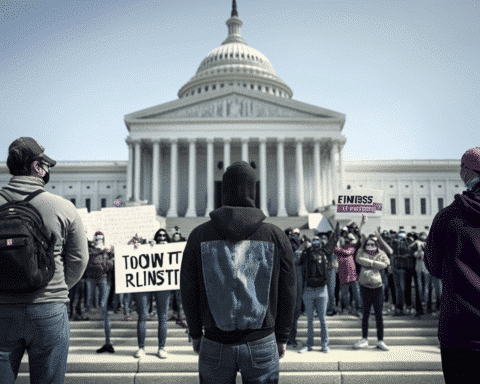As students across the United States gear up for the start of a new school year, an ongoing debate surrounding transgender rights and sports inclusion continues to gain momentum.
Recent developments show that the issue is far from settled, with more states joining the conversation by implementing laws that restrict transgender girls’ participation on girls’ sports teams.
A Growing Trend in Restrictive Legislation
In line with a broader wave of legislation against transgender rights, four additional states have introduced laws designed to keep transgender girls off K-12 girls’ sports teams. These states include Kansas, North Dakota, Wyoming, and Missouri.
These new regulations are added to the roster of 23 states that already have such restrictions in place. North Carolina and Ohio are also considering enacting similar bans in the near future.
Diverse Implications and Controversies
The laws, primarily enacted since 2020, have been met with both support and opposition. Supporters argue that these measures are meant to ensure fair competition and scholarship opportunities for cisgender girls.
They contend that the physical advantages that boys often possess over girls, especially in speed, strength, and lung capacity, create an uneven playing field. However, critics assert that these laws are less about maintaining fair competition and more about erasing transgender individuals from society.
Legal Grounds and Impacts
The basis of these laws often hinges on using a student’s earliest birth certificate to determine their eligibility for specific sports teams. Principals and coaches are tasked with enforcing these regulations, sparking discussions and sometimes discomfort within school communities.
Some states require athletes or their parents to submit affidavits annually acknowledging the student’s biological sex at birth.
Navigating an Evolving Landscape
As schools reopen and fall sports practices commence, the conversation surrounding transgender athletes’ participation continues to evolve. The laws in place and those being considered reflect the broader societal discourse over gender rights and equity in sports.
While some argue that these measures safeguard the integrity of girls’ sports, others emphasize the importance of inclusion and understanding, urging that transgender athletes, like all students, deserve opportunities for success and happiness.
With ongoing legal battles and diverse perspectives, the issue remains a central concern as students step back onto the playing field.




